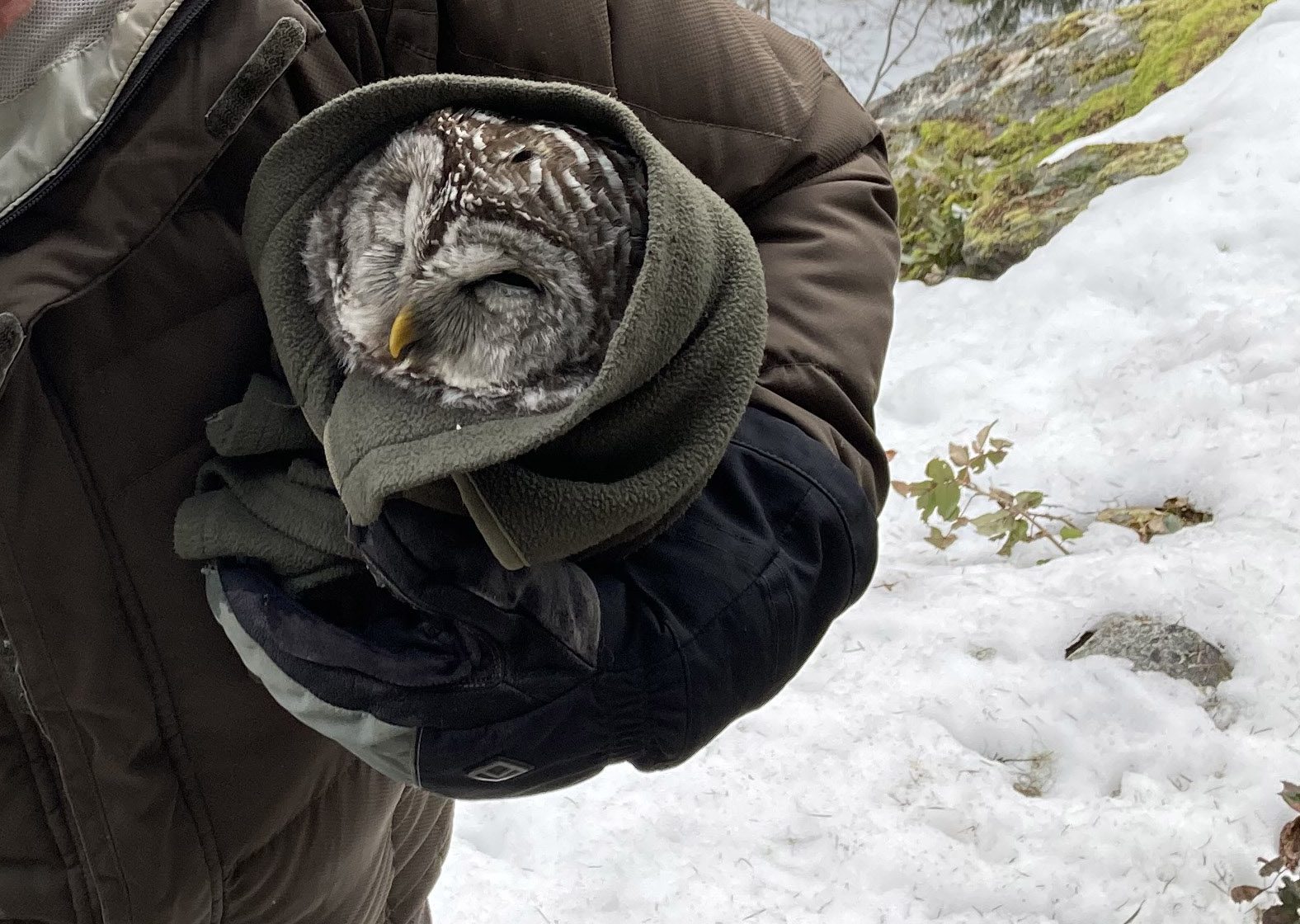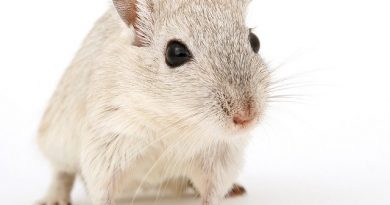Province Seeking Feedback on the Future of Rodenticides in B.C.
Image by Dirk (Beeki®) Schumacher from Pixabay
Further to our coverage of the rodenticide issue, in BC, please see the article below from the BC SPCA. It includes a link to a feedback form regarding rodenticides from the BC governement. This is a chance to take action!
May 30, 2022
Public pressure to change rodenticide use practices in the province has been mounting for years, and positive permanent changes for pets and wildlife are now in sight. But there is one last chance to improve these changes before June 19.
Earlier this month, the provincial government released the Integrated Pest Management Regulation (IPMR) Rodenticide Intentions Paper (PDF) for public comment until June 19. The proposal outlines draft regulatory and operational changes for the future use of rodenticides in B.C. – this includes use by private individuals, commercial and agricultural operators, municipalities and other pest control users.
This Intentions Paper follows a 2021 Minister’s Order temporarily prohibiting the sale and use of Second-Generation Anticoagulant Rodenticides (SGARs). The 18-month temporary ban was put in place to allow the government to consult stakeholders and conduct a scientific review.
“The 18-month temporary ban was a huge win for local wildlife and BC SPCA experts have provided input into the scientific review,” says Dr. Sara Dubois, BC SPCA chief scientific officer, “Now, the provincial government is proposing to make these regulations stronger and permanent”.
Rodenticide poisons have long been the default strategy to manage rodent problems. The most commonly used rodenticides are “first-generation” and “second-generation” anticoagulants. These rodenticides thin the blood and prevent it from clotting, causing internal bleeding which results in a slow and painful death.
Second-generation anticoagulant rodenticides (SGARs) were designed to be extremely potent, so rodents would die after eating only a single dose of bait. “Unfortunately, this also means they are much more toxic to animals who eat poisoned rodents,” Dr. Dubois notes. “Rodenticides are harming our local wildlife like owls, eagles, raccoons, cougars, and cats and dogs who can also directly consume the bait”.

In summer 2020, thousands of BC SPCA supporters sent letters to their local municipal councils in our rodenticide campaign, asking for bans to rodenticide use on city-owned properties. The campaign resulted in many progressive municipalities passing motions to ban rodenticide use on their properties. This widespread public support influenced the July 2021 Minister’s Order to temporarily ban the sale and use of SGARs.
Although these restrictions were a major improvement, there are a number exemptions and gaps that still leave a high risk of exposure. During the public comment period for the IPMR Rodenticide Intentions Paper (PDF), the public now has an opportunity to close some of the loopholes to help make the new regulations stronger. “We know that not all pest control users support these changes, that’s why it’s so important for the public to weigh in.”
Submit your comments on the Intentions Paper by June 19, 2022.
Need help getting started? The government survey engagement portal is easy and you don’t need to answer every question. Unique submissions are important – use these notes to help guide your answers, but try to put your responses in your own words:
Section 1: Demographics
This section is optional, but you can choose to fill in your information.
Section 2: Discussion questions
Question 1: Essential Services List
- This list should be further restricted, especially for any facilities with food attractants, or else it will be too easy to justify using rodenticides as an “essential” service.
- This exemption should only apply to essential contributors to the supply chain for a temporary period during an infestation where IPM was not successful.
Question 2: IPM requirements
- IPM is essential, but this approach has been largely bypassed for quick and low-cost options. Ensure that prevention activities and alternative methods are clearly defined so that operators can’t abuse or bypass this requirement without significant effort towards prevention.
- “Alternative control tools” must be species-specific and humane – these should be defined as “live traps (cage traps) or quick-kill mechanical traps (snap trap, self-resetting traps)” to ensure other types of traps are not encouraged (glue traps and multi-catch boxes).
Question 3: Site-specific plans
- These are required to ensure no preventative baiting occurs – SGARs should only be a last-resort exception after other IPM measures have failed. Guidance may be needed to develop such plans to ensure they demonstrate proper justification and can be enforced.
Question 4: Short-term baiting
- If any short-term baiting is allowed as a last resort for Essential Services, it should limit time duration and volume of SGARs used, so that more poison is not used in this shorter time frame.
Question 5-11:
- Respond supportively to increased restrictions.
Question 12:
- Open comment box if you prefer to just answer this question.
Section 3: General comments
This section is optional, but you can use this space to discuss your concerns and any other additional points you wish to include. For example:
- “Alternative methods” for rodent control must be humane
- Any exceptions to the regulation must follow the same high standard – using prevention, exclusion and alternative methods before resorting to rodenticides





